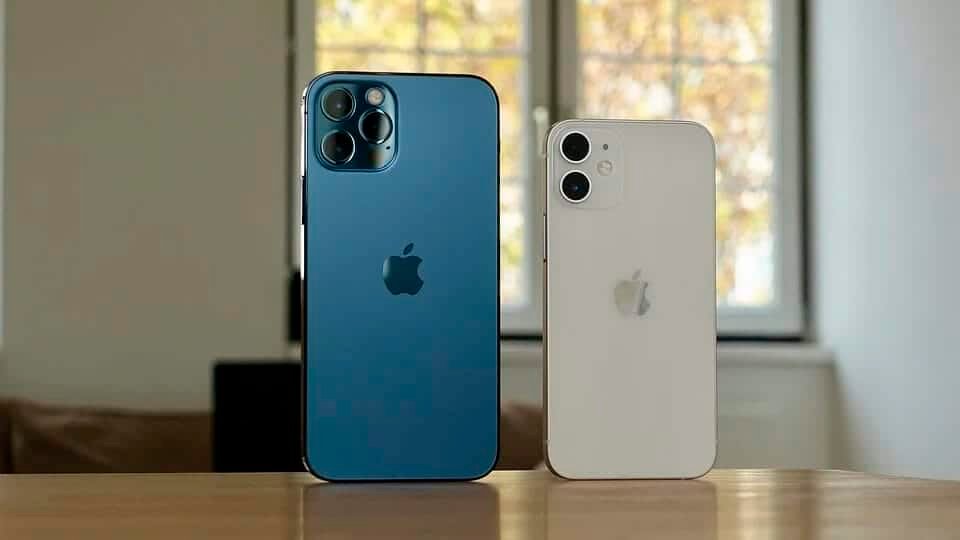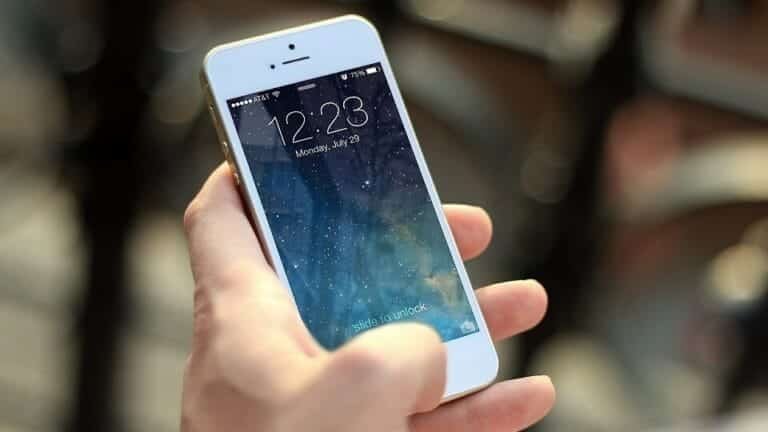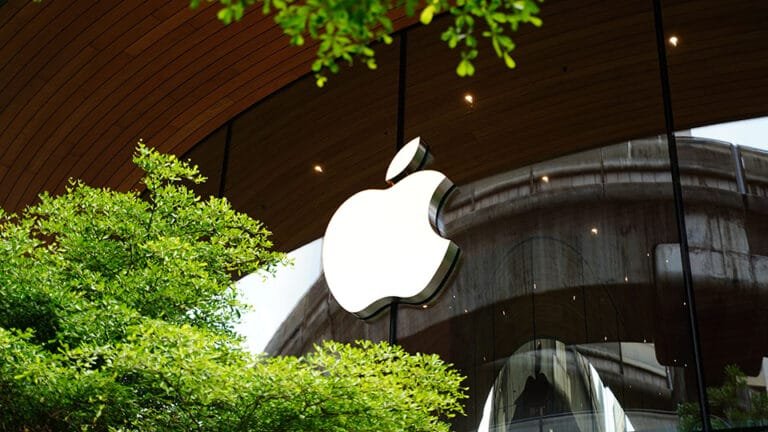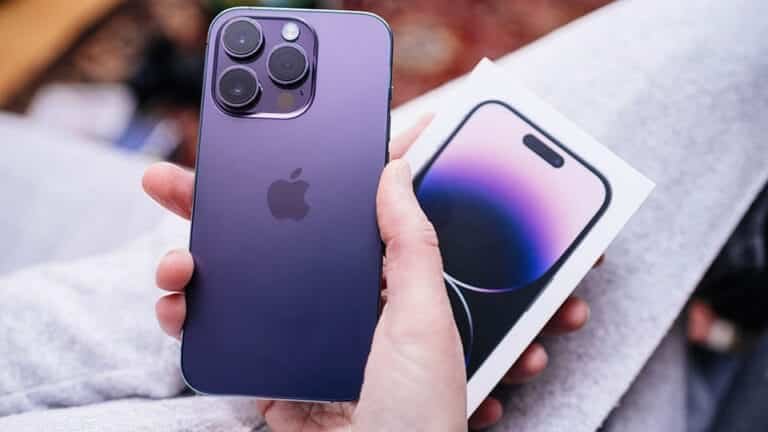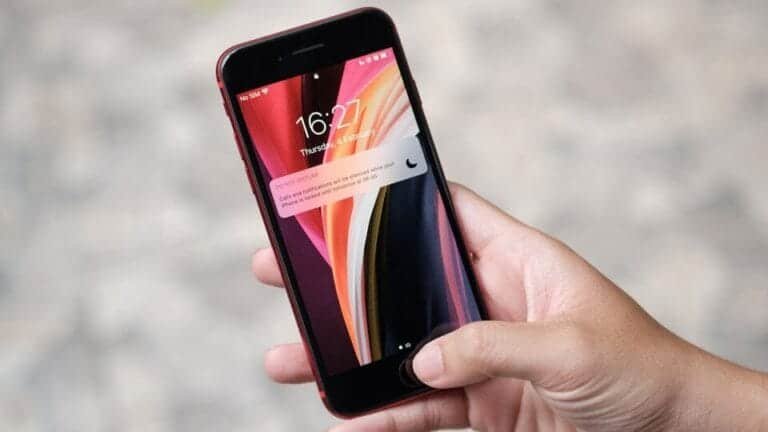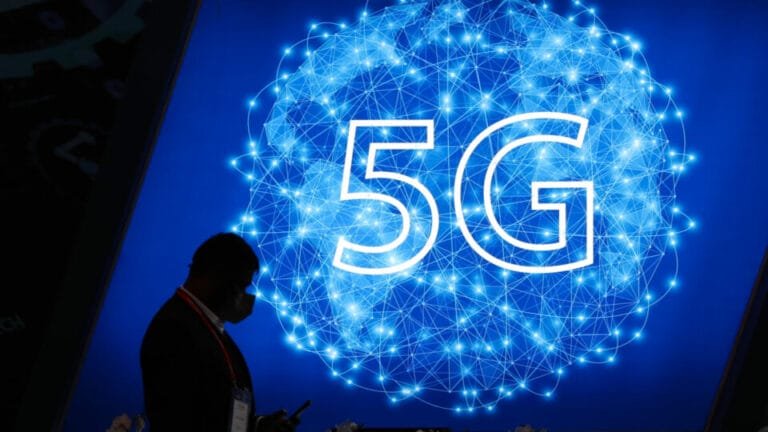iPhone 12: review and specifications

The annual show with the release of the next iPhone in 2020 has been delayed for obvious and not so obvious reasons. The pandemic, economic uncertainty, disrupted industrial relations and Apple’s mastery of new technologies cost the company’s fans an additional month of anticipation.
But they paid off handsomely – there are now four iPhones and they really look like a step forward compared to last year’s 11th.
iPhone 12 release date and prices
The smartphones were shown at Apple’s second autumn presentation, which took place on October 13, 2020 via online broadcast. Pre-orders for iPhone 12 in Russia began to be accepted on October 21, and for iPhone 12 mini – from November 6. Live devices went on sale at the same time as the rest of the world – on October 23 and November 13, respectively. These dates also apply to the 12 Pro and 12 Pro Max.
Prices for new iPhones are high again, but there is good news – 128 GB has become the base option for Pro versions. iPhone 12 Pro in Russia starts at 99,990 rubles, for Max they will ask 109,990 rubles. iPhone 12 mini starts at 69,990 rubles, and the standard “twelfth” is priced at 79,990 rubles.
iPhone 12 review
Screen
The insiders turned out to be right – in the new generation there was no place for a model with an IPS matrix. Now all iPhones only have OLED screens. Apple called the displays Super Retina XDR, simultaneously increasing their resolution. Even the small iPhone boasts a 5.4-inch full HD+ screen. The iPhone 12 and 12 Pro feature a 6.1-inch display, while the Max has grown to 6.7 inches.
All smartphones received especially durable Ceramic Shield glass from Gorilla Glass, which should even withstand a fall from a human height. But in all this barrel of honey there was also a fly in the ointment – the new iPhones still work with a picture frequency of 60 Hz, which by the standards of 2020 looks, at least, strange.
Processor, memory, communications
Regardless of the version, all iPhone 12 are built on the Apple A14 Bionic platform. This 5nm processor was already shown in September on the new iPad Air, but at the presentation of smartphones they talked about it in more detail. As noted by the company, the computing and graphics performance of the A14 is 50% higher compared to “some other” smartphones. But they did not explain which models the platform was compared with.
The iPhone 12 and iPhone 12 mini models each received 4 gigabytes of RAM, and the older iPhone 12 Pro and iPhone 12 Pro Max models received 6 gigabytes each. By the standards of iOS and its optimization, this is more than enough. Miracles did not happen with the storage capacity – younger models still start at 64 GB, which is frankly not enough in 2020. There are 128 and 256 GB versions. iPhone 12 Pro and Pro Max can be 128, 256 or 512 GB.
At the presentation, a lot of time was spent on the fact that the iPhone finally received support for working in fifth-generation mobile networks. By default, all models are equipped with a 5G modem, but there are some nuances. Firstly, the mmWave standard, which implies maximum data transfer speed when the base station is close, will be exclusive to the American market – such Pro versions are distinguished by an additional antenna on the right side of the case. Secondly, 5G simply does not work in many countries, for example, in Russia. Therefore, the new iPhone in 2020 in our country will work with good old LTE.
There are no other innovations in terms of communications in the iPhone 12 – Wi-Fi 6, NFC, not the latest Bluetooth 5.0 and, of course, the proprietary Lightning connector. By the way, now the package does not include wired headphones or a charging unit, but the cable has been retained and is made according to the Lightning-USB-C scheme.
Camera
Formally, the cameras of the new iPhones have changed little compared to their predecessors. 12 and 12 mini are content with two sensors – a 12 MP main sensor and a wide-angle one of the same resolution. Pro models add a third sensor, a 12 MP telephoto camera. It would seem like nothing new, but it’s not.
Thus, the main sensor received a lens of seven lenses, the “shirik” captures 27% more light, which will help smooth out the eternal problem of similar sensors that do not shoot well in low light. The optical zoom on the iPhone 12 Pro has become four times, and on the 12 Pro Max it is even five times. Moreover, the latter also received matrix stabilization of the main sensor, which is still rare in smartphones.
Lidar, which insiders persistently warned about, also received Pro versions. Apple promises that it will be used not only for specific tasks, such as building a depth map, but also for more precise focusing.
iPhone 12 can now shoot photos in Apple ProRAW and video in Dolby Vision with 10-bit HDR. None of the manufacturers before Apple had ever implemented the latter in smartphones.
Battery
Some time after the official release, official data appeared on the battery capacity of the iPhone 12 line. Thus, the smallest iPhone 12 mini received a battery measuring only 2227 mAh. The battery of the standard iPhone 12 fits 2815 mAh, and the iPhone 12 Pro received the same battery. The largest battery was installed in the iPhone 12 Pro Max model – 3687 mAh.
But the main thing is not this, but the new MagSafe wireless charging (MacBook fans, of course, remember this name), based on a magnetic coil with a power of 15 W. Accessories announced at the presentation are also compatible with it, such as a dual charger or a credit card case with a magnetic mount. The wired charging power remained at the same modest level – 18 W.
By the way, just recently the first powerbank from Apple went on sale. The portable MagSafe battery magnetically attaches to your iPhone and charges it wirelessly on the go. It is noteworthy that the situation can also work in the opposite way – the user will be able to transfer charge from the smartphone to the powerbank. Such a design will be charged from wired charging at the same time.
operating system
All iPhone 12 will be pre-installed with the latest version of iOS 14 at the time of release. In it, the developers revised the widget system, worked on the “window-in-window” system and improved the security of the system as a whole.
Later, users of the iPhone 12 series were offered to upgrade to the more current iOS 14.5. This version has improved the protection of information that a smartphone can receive. There were also less significant updates, for example, new emoji.
In the fall of 2021, owners of the iPhone 12 line will be able to officially upgrade their smartphone to iOS 15. The update should be very interesting. Apple is preparing the biggest update to Facetime, as well as messages and navigation systems. Continuing the theme with widgets from iOS 14, they will be allowed to be added to the locked screen of a smartphone.

